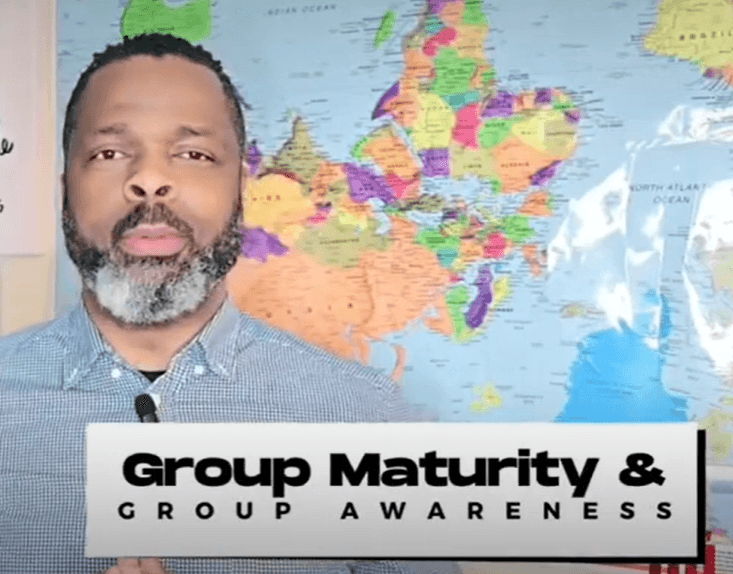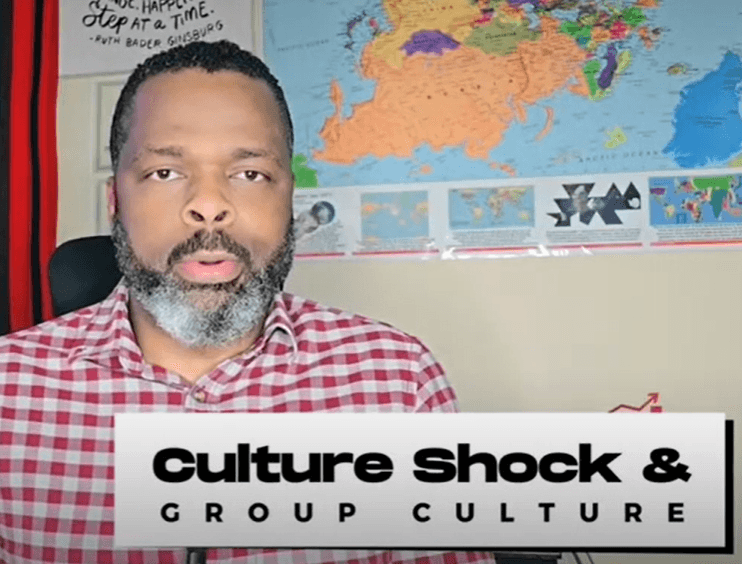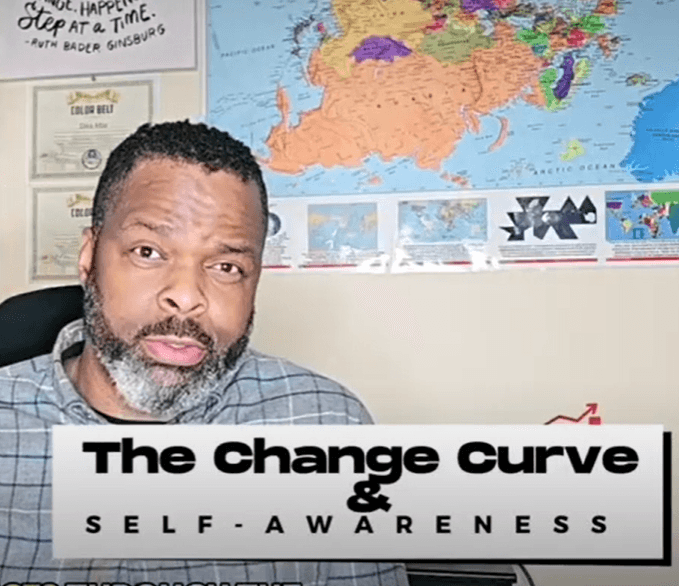
Lessons from the Therapy for Mgbánwè Journey
By blending product development principles, user experience strategies, Lean methodology, and the Scrum framework, I was able to overcome significant challenges in the creation and distribution of Therapy for Mgbánwè. This approach enabled me to systematically remove impediments, reduce waste, and iterate rapidly, ultimately creating a more refined and accessible product for a diverse audience.

Therapy for Mgbánwè: Weekly Sprints and Customer-Centric Development
Sprint Cycle Outcomes:
Enhanced User Experience: Regular feedback loops enabled the book production and book release teams to adapt the book’s features to better meet the audience’s needs.
Agile Responsiveness: The structured 1-week Sprint approach allowed the book production team to quickly pivot and address emerging challenges without losing momentum.
Barging In vs Being Respectful
Whether it’s through MS Teams, Facebook, WhatsApp, showing up in-person, or phone calls, it’s crucial to respect people’s time instead of interrupting them without notice.
Research by psychologist Gloria Mark shows that it takes 23 minutes to refocus after an interruption, a fact I’ve used when coaching leaders with Scrum teams.

Therapy for Mgbánwè: Problem Identification and Decision-Making Process
Decision-Making Outcomes:
Cognitive Dissonance Management: By finally recognizing the “mental block” as a form of cognitive dissonance, Onyedika broke free from it and moved forward with the product’s release.
Incremental Delivery: This approach allowed for iterative product improvements, reducing waste and creating value for both academic and general readers in subsequent editions.

Enhance Your Organization’s Cultural Competence
If your organization—from small startups to large enterprises—wants to improve cultural competence and embrace a more inclusive approach, we’re here to help. Schedule a free 30-minute Team Assessment and Improvement consultation with Upgrading Self, and let’s work together towards building a more culturally aware and effective team.

Group Maturity and Group Awareness
In this second episode of the Group Awareness series, we reveal how being aware of the Bruce Tuckman’s group development model and/or culture shock could help with guiding a group through to maturity.

Culture Shock and Group Culture
In this first episode of the Group Awareness series, we reveal the importance of being aware of the different stages of culture shock as your group undergoes any change.

The Change Curve and Self Awareness
As your group advances through the various stages of development, it would be beneficial for you to monitor how you react to change. Being aware of the various phases of the change curve, and making the effort to perceive and understand what phase you are in at every point in time is a form of self awareness.
Being able to monitor this in others is a skill that could come in handy if you are a coach

